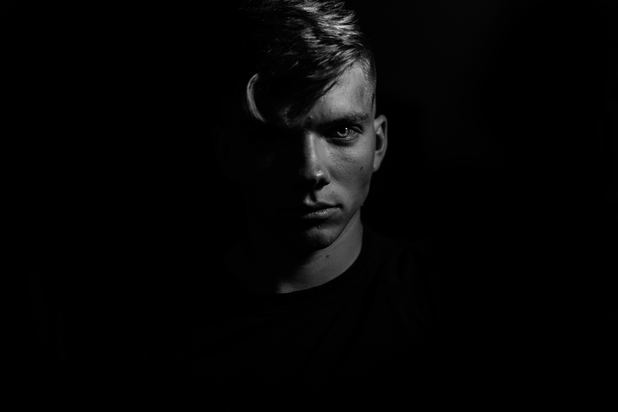Individuals who struggle with alcoholism have more than just the overwhelming desire to drink in common. Across the board, they share similar emotional responses to alcoholism. As the disease advances, so too do the feelings attached to it. These are those emotions.
Guilt and Shame
Guilt and shame are dominant among alcoholics. Individuals in the throes of active alcoholism often feel guilty or ashamed for not only their continued drinking but the actions or behaviors that accompany their drinking. This sense of guilt and shame usually increases if the individual has a child, whether they have custody or not.
Additionally, any codependent friends, romantic partners or family members tend to use this to their advantage, perpetuating the feelings of guilt and imposing a sense of shame on the individual. Moreover, any religious convictions adopted or spiritual abuse suffered by the individual can further perpetuate these feelings.
Regret
Almost anyone who has one too many drinks understands the next-day regret that occurs during a hangover. However, the degree of regret which is felt by an individual in active alcoholism goes far deeper. In fact, it is such an overwhelming feeling, it is typically accompanied by empty promises, apologies, and pleas for forgiveness from those who have been harmed by the behaviors that accompany alcoholism.
Emotional Isolation
Isolation is not just a physical state, it’s an emotional state. Isolation causes the individual to feel as though they are isolated from the rest of the world. It is a feeling of disconnection. And, in active alcoholism, the individual is disconnected from everyone – their family members, friends, spouses, significant others, children, any form of Higher Power and (of course) themselves. This is an excruciatingly lonely experience.
Disempowerment
The feelings of disconnectedness and isolation lead to a sense of helplessness, as an individual loses sight of where to turn to or what steps to take to get the help he or she needs. Even if help has been offered, one may be so detached from oneself and one’s priorities that the choice to get sober is an excruciating, cacophonous inner dialogue an addict has lost the ability to conduct. The individual can feel completely powerless over their disease, which ends up feeding into a sense of...
Hopelessness
As a result of feeling disempowered, those struggling with alcoholism can feel hopeless. One can feel like giving up, that there is no point in seeking help. In some cases, an addict may see no reason to go on living. Obviously, suicidal ideation is a very dangerous train of thought. Because alcohol plays a role in suicide, both alcohol-addiction and suicidal thoughts should be addressed immediately.
Fear
As the aforementioned feelings vary in intensity, an individual in active alcoholism can feel a great deal of fear. There is even fear in seeking help, in facing one’s fears and in pursuing a major life change. Unfortunately, fear and anxiety only fuels continued alcohol use and causes a cycle that can only end with the decision to give up alcohol entirely and seek treatment.
If you feel any of these emotions as a result of your drinking, you are not alone. Help is readily available if you seek it. You may visit our directory of alcohol treatment facilities or call us at 800-891-8171 to speak to a substance addiction recovery specialist.








